Kristin Winkens from RWTH Aachen Germany on Resilience with Neil Cooke and Natalie Wint Discussion…
The 2nd edition of the SEFI Summer School for PhD candidates took place Tuesday 28th – Friday 31st May 2024, in Windsor. UCL was the organiser of the event, with an internal team comprising John Mitchell, Helen Bhandari, Diana Adela Martin, Nat Wint, Shannon Chance, Ines Direito and David Guile, complemented by guests Greet Langie, Diana Bairaktarova, Anne Gardner, and Jan Peters. 27 doctoral candidates joined us from different parts of the world, including The UK, Finland, The Netherlands, Belgium, Sweden, Germany, Ireland, Philippines, South Africa, and the United States.
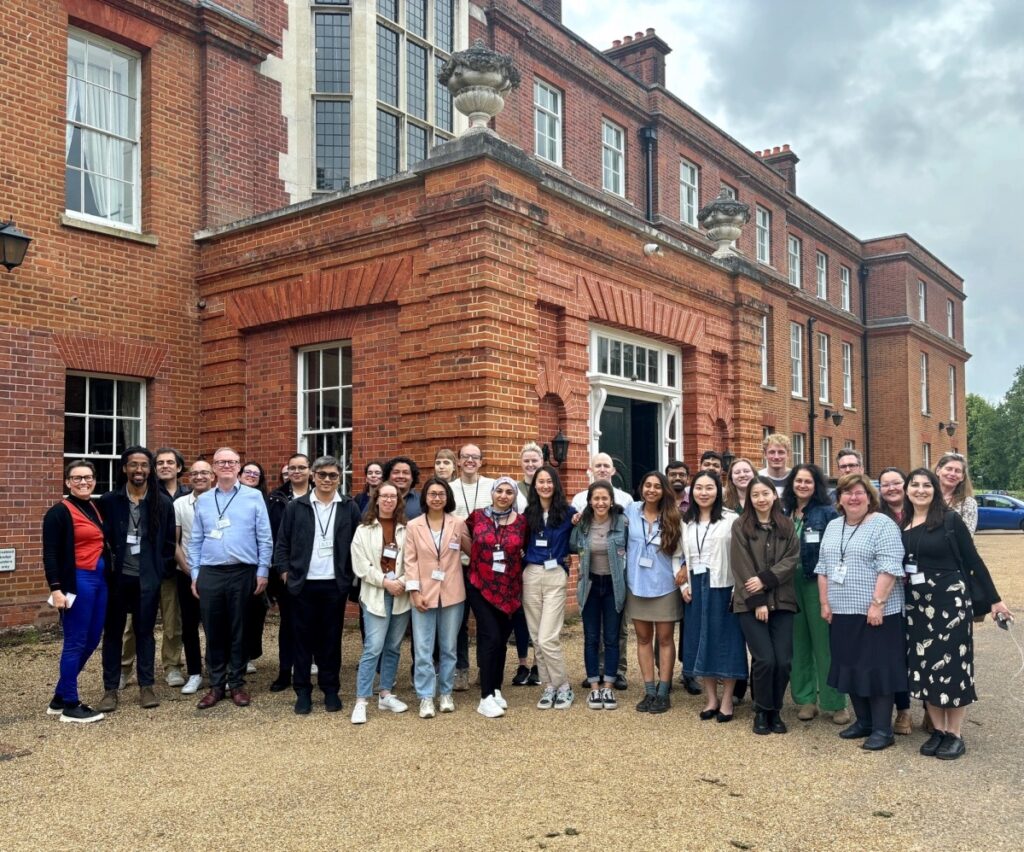
Below we gathered some impressions shared by the participants about their experience in the summer school:
Yashe Garje
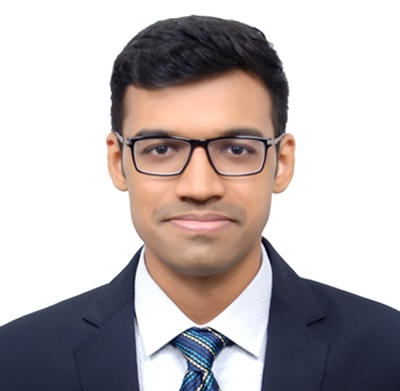
Beginning the Ph.D. journey feels like taking the next leap of faith, and the SEFI 2024 Summer School Program felt like that encouraging tap on the shoulder to go for it. The program created a warm and welcoming space for new researchers at different stages in their careers, allowing them to connect with each other and the larger community and exchange dialogues across a wide range of research topics.
My primary aim in attending the summer school was to connect with the research community and join the peer network in the field. I was eager to gain research resources, engage in thoughtful discussions, and become aware of critical topics in engineering education, such as engineering ethics and research quality. Additionally, the program also sought to build capacity in new graduate students transitioning into their Ph.D. journeys through workshops on self- awareness and proactive relationship-building with advisors and collaborators.
What made the SEFI program truly impactful was the thoughtful design of activities and sessions. Dr. Jan Peters’ session shed light on utilizing the CliftonStrengths reports to maximize productivity and manage conflicts with collaborators/advisors arising from different personalities. Dr. Inês Direito and Prof. Shannon Chance shared their experiences in writing and researching techniques for thesis preparation and understanding the significance of positionality statements.
Their talks extended to more critical issues of ethics in engineering and the qualities of good research and literature reviews. The organizers meticulously planned each session and paired them with ample time for reflection and informal discussions. This approach not only facilitated a deeper understanding of topics by gathering perspectives from researchers around the world but also fostered meaningful connections among participants. The beauty of Windsor and the hospitality of Cumberland Lodge further enhanced the experience.
The activities themselves were fresh and innovative. One particularly memorable activity involved recognizing renowned figures in engineering education through a game of guessing their pictures from early in their careers. This creative approach allowed us to connect with the legends, see them when they were my age or starting their careers in research. It felt like a very personal view into the photobook capturing the history of the field of work I am entering. Dr. Diana Martin’s enthusiasm and grace in conducting these activities were truly remarkable and brought the activity to life.
Last but not least, the session where all the organizers shared their journeys into the field of engineering education felt very powerful. Prof. John Mitchell started it off with his story, and it kept getting more interesting. Such exchanges are rare and provide a chance to view the person, the human being behind the researcher. It made me feel that I belong in this field of engineering education because I, too, share similarities, and seeing someone who has become successful by overcoming similar challenges is very encouraging
On a personal level, all the conversations highlighted the fact that building research skills in engineering education makes us so versatile as members of society. Though some informal conversations initially left me feeling unfamiliar due to my limited exposure to research topics, the community was incredibly welcoming, accommodating, and supportive. The program facilitated genuine connections and made me feel valued and encouraged.
Having unfiltered conversations with researchers and professors over meals and during walks in the gardens of Windsor was a unique opportunity. It allowed me to see them as human beings and learn from their personal journeys. Such opportunities are incredibly inspiring and crucial for early-career researchers like me. In conclusion, the SEFI summer school program exceeded its goals by providing a thoughtful and impactful experience. The program emphasized the importance of community, celebrated the diverse pathways that led everyone to the field of Engineering Education, and provided resources to navigate the academic landscape of the field. I am grateful for the support and opportunity to attend this program and look forward to staying connected with the SEFI community.
Meryn McNea
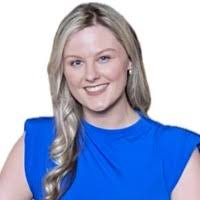
“My experience at the 2024 SEFI Summer School was immensely valuable, both professionally and personally. Professionally, it provided me with a comprehensive understanding of the landscape of Engineering Education Research (EER). Personally, it allowed me to forge meaningful friendships with like-minded individuals from around the world. For those contemplating enrollment in future programmes, I wholeheartedly recommend it. Initially, I had reservations about applying, grappling with imposter syndrome and general nervousness about connecting with other PhD students. However, I am profoundly grateful that I overcame those doubts and chose to participate. The experience was enriching and transformative, far exceeding my expectations.”
Alexa Ray Fernando
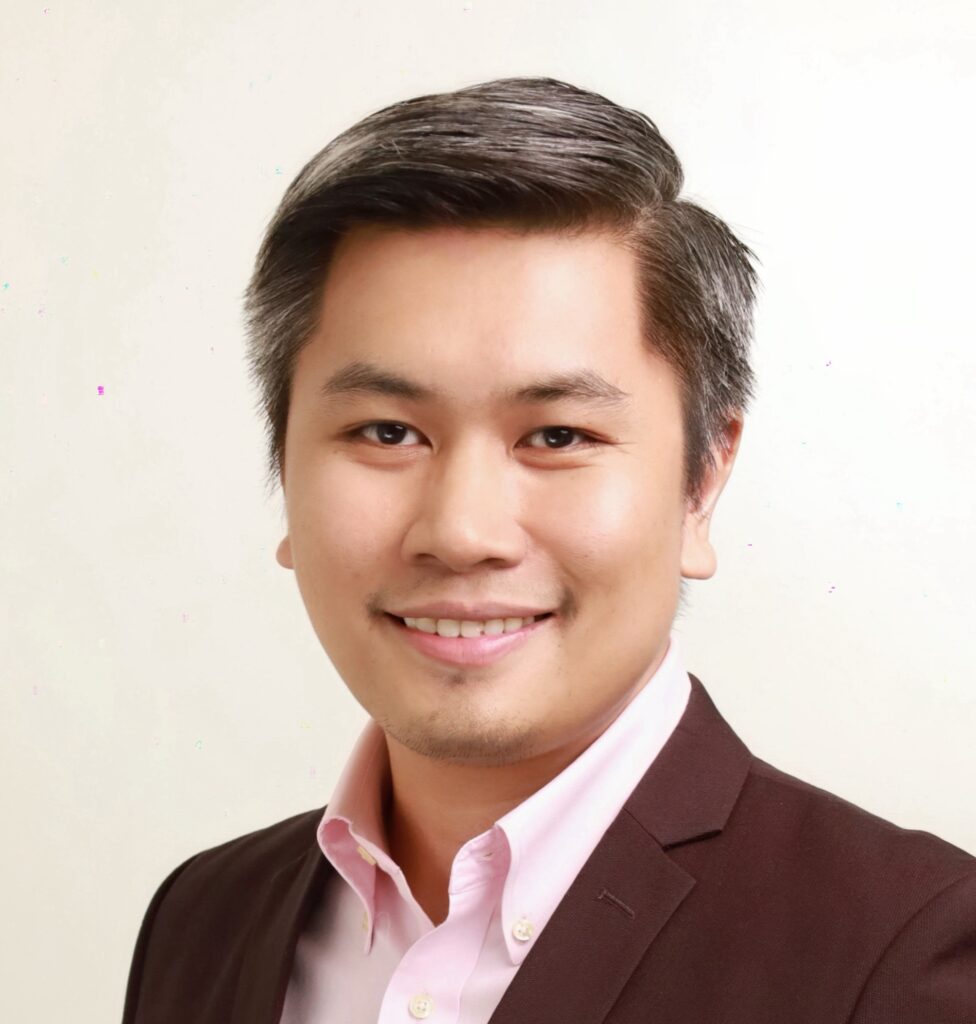
I have been teaching engineering for more than a decade. Recently, I discovered a new passion: engineering education research (EER). My journey began with a desire to improve our engineering curriculum in the Philippines to produce future-proof engineers. To achieve this, I knew I needed to base my efforts on solid research. This led me to pursue a PhD in Engineering Education at Universiti Teknologi Malaysia, Centre for Engineering Education. One of the biggest surprises during my first semester was realizing I needed to learn social science research. Equipping myself with these new skills was a long journey, but it has been immensely rewarding.
My interest in EER intensified, leading me to present and review papers at various international EER conferences and join global EER societies, including SEFI. Immersing myself in these communities allowed me to absorb invaluable knowledge and experiences. SEFI, in particular, has been instrumental in my growth as an EE researcher. When SEFI announced the PhD Summer School 2024, I was hesitant to apply, fearing the costs and wondering if I would fit in. However, my eagerness to learn pushed me to apply, and I was not only accepted but also awarded a full bursary. I am deeply grateful to SEFI and UCL CEE for providing this opportunity. Being part of a dynamic, inclusive, and supportive global network of EER researchers was an enriching experience. The learnings were immense, but more importantly, the relationships I formed with scholars from Europe, the US, South Africa, and Australia are invaluable, especially as the sole participant from an Asian university. I highly encourage PhD students to join the next SEFI PhD Summer School 2025 in Eindhoven. It surely promises to be equally exciting and even more enriching!
Rachel Gehr
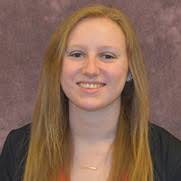
The SEFI Summer School was a wonderful and unique experience to learn more about Engineering Education Research alongside international colleagues and experts in the field. The sessions were engaging and very helpful, and all of the facilitators were happy to help us work through research questions. I would highly recommend this to other PhD students – both to learn more about being a successful Engineering Education researcher, and to form connections with folks from around the globe